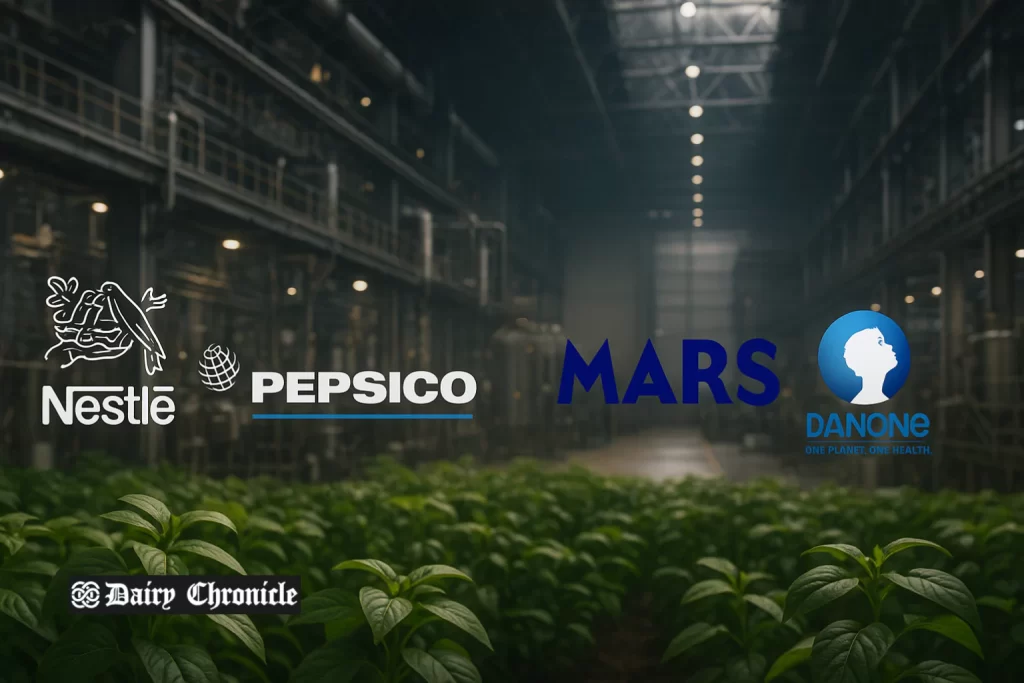A 2025 report jointly released by Germany-based NewClimate Institute and Belgium’s Carbon Market Watch critically assesses the climate pledges of top food companies. The evaluation exposes major gaps in emission reduction targets and sustainable practices among global food giants like Nestlé, Danone, PepsiCo, JBS, and Mars. The report urges separate emission reduction and carbon removal goals for improved accountability.
A new report published jointly by Germany-based NewClimate Institute and Belgium’s Carbon Market Watch sheds light on the disappointing climate efforts of some of the world’s leading food companies. The Corporate Climate Responsibility Monitor 2025 evaluated climate commitments from five global corporations—Nestlé, PepsiCo, JBS, Danone, and Mars—and found a worrying disconnect between their public climate pledges and real-world actions.
The report highlights the ongoing reliance of these companies on high-emission practices like livestock farming and fossil-fuel-based fertilisers, without strong initiatives to transition towards plant-based alternatives. Fertiliser-related emissions alone contribute to around 25% of total agricultural greenhouse gases. Yet, none of the five companies examined have committed to significantly cutting livestock production or shifting their protein portfolio.
Brazilian meat giant JBS was called out for having no tangible emission reduction targets while continuing to expand high-impact operations. Switzerland-based Nestlé’s pledge was criticized for its misleading metrics, translating to lower actual reductions than promised. Meanwhile, PepsiCo’s climate plans were found lacking in areas such as methane emissions, food waste, and plastic use.
Mars received credit for its transparency but failed to propose strong plans to reduce animal protein or fertiliser use. French dairy major Danone was recognized for setting a methane reduction goal and expanding its plant-based range, yet the report noted a lack of clarity on its strategies for land-based carbon removals.
The report concludes with a strong recommendation: companies should set separate targets for emission reductions and carbon removals. This distinction, it argues, is essential to avoid greenwashing and ensure transparent, accountable climate action.



